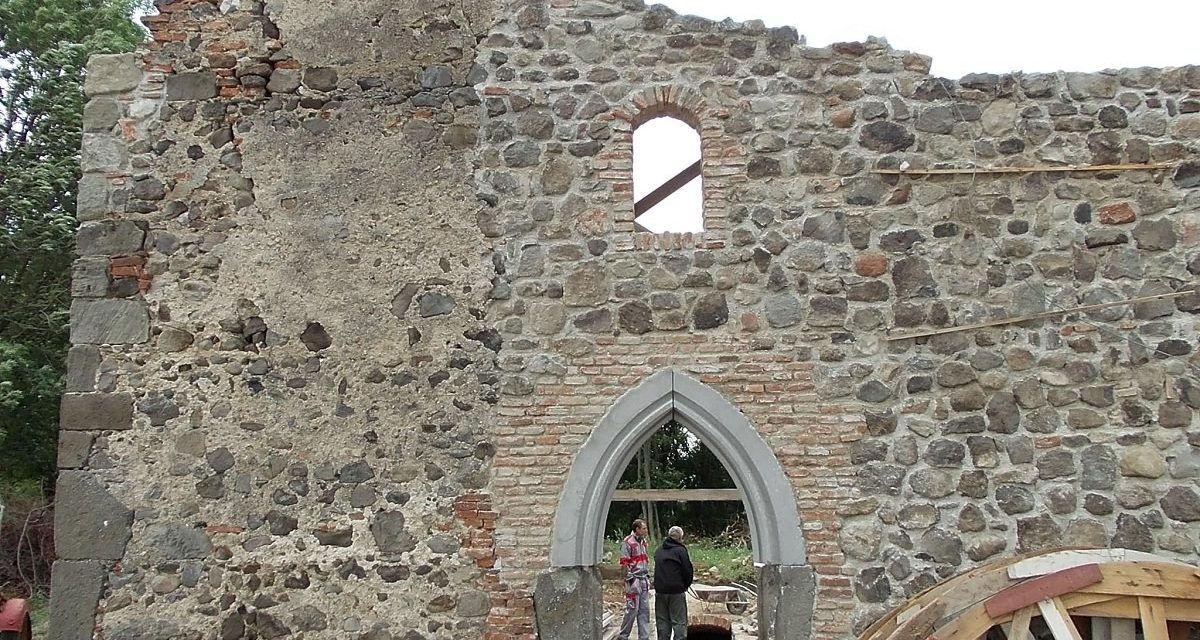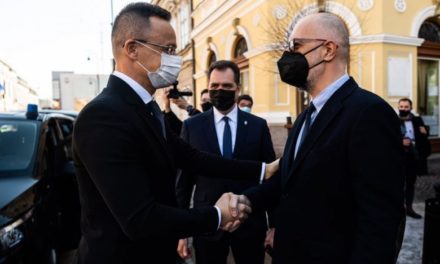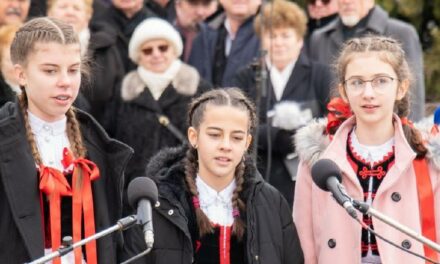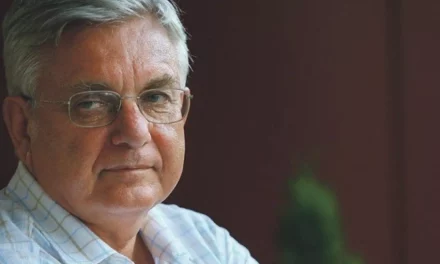Opinion article by Béla Hrubik from the felvidek.ma portal.
The story is traditionally Hungarian from the highlands. The struggle and cry for help of a community, including a few persistent Hungarians who love their nation and mother tongue, loyally cling to their native village to the extreme, for the school and kindergarten, for the heritage of their ancestors. It's not a fairy tale, and neither is the ending "they lived happily ever after".
The fictional fate of three sons and three daughters of poor people, of whom almost none of them kept anything, and the non-fairytale ended there. Still, we hope. Is hope the shelter we turn to to understand why?
In order to be born, we need: 2 parents, 4 grandparents, 8 great-grandparents, 16 great-grandparents, 32 beautiful grandparents, 64 penta grandparents, 128 nexa grandparents, 256 hepta grandparents, 512 okta grandparents, 1024 nona grandparents, 2048 deka grandparents. In the last 11 generations, 4094 ancestors were needed, and all this about 300 years before we were born! And where are the other generations in the more than a thousand-year history of the Hungarian nation... Let's stop for a moment and think!
How much fate, character, life, destinies won and lost, pain, love, care, deprivation there is in just this amount of time. We should feel gratitude and love for all our ancestors, because they are all within us! And if we go back only 3 centuries in history, we take with us more than four thousand people, fate, joy, character and will. When the little child stands on the stage in the kindergarten to recite: "When I was little, who took care of me, my angel-faced, dear mother", these words reflect the attachment and loyalty of so many people to their mother tongue.
Mere churches did not always belong to the few either. Once upon a time, centuries ago, wrinkled, tired grandmothers and grandfathers filled it with life and the power of faith. The word of God, a line of supplicants resounded between the worn walls, tears and joys, baptisms and funeral masses alternated. Bells rang and fell silent forever. Then the letters of the mother tongue died, the folk songs, and time buried everything that was. No one knows who said the last prayer in a deserted church today, who was the priest or church judge who closed the gate for the last time, turned the rusty key, extinguished the candle, and rang the bell, but there was .
We don't know when a nation dies, when a language dies, but history warns us that it does. Great nations and empires disappeared in the storms of history, they were swept away by the wind, and it is very difficult to determine in retrospect the moment when the death of a nation began.
So are our communities. Thousand-year-old villages resisted Turks, Tatars, and Habsburgs. Then came the Trianon national mutilation, and assimilation, with the accumulated hunger of centuries, began to devour and consume what history had preserved even in the most difficult times. We don't know when the death, disintegration, or loss of language of a community begins, but we can be sure that the disappearance of mother-tongue schools or kindergartens plays a role in this.
The spiritual and linguistic degradation of a community begins and accelerates when, in addition to the quiet acquiescence of grandmothers, the need to transfer and teach the mother tongue in local institutions disappears from the hearts of mothers. When the love of thousands of ancestors for the mother tongue, preserved like embers, turns to ashes because of one wrong decision. When the small child, who has absorbed the taste of the mother tongue at home, stands there dumbfounded and scared because he does not understand what the teacher tells him. A kindergarten of a minority community becomes a mere kindergarten when the mother tongue disappears from the walls of the building. When the letters, like pearls of truth, no longer come together into sentences taught by mother, and pain becomes one's own!
For decades, we have been fighting and fighting with the misconception that if we teach the child in the state language at an early age, say right in kindergarten, then it will prevail in life. However, the state does not want us to learn the state language, no matter how much all its wishes suggest, but rather that we forget our mother tongue. For decades, we have listed countless examples that the knowledge acquired in the mother tongue gives the nation and the community a strong and proud person in soul, spirit, and self-awareness.
And when these role models also join the ranks of those whose need to teach the mother tongue disappears, we are tired and disappointed, painfully aware of this. And we ask why?
Many times in my life I fled to the depths of words, to the ultimate refuge of the mother tongue, which preserves everything. It is a root that is inextricably linked, with a thousand threads, to the nation, to my ancestors, to my mother, to my family. If I feel that I need comfort, I escape to the mother tongue and immerse myself in it like a huge ocean, where I am cleansed and strengthened. And I find peace, the peace and silence of the soul.
I would like to send a message here, for the sake of Ipoly, if there is anyone who would listen, do not abandon your mother's word. Do not let our churches become empty churches, so that the mother tongue flies away like a tired bird and disappears like a word cried out into the wilderness. And "be careful today when you speak, and pronounce the word reverently. Today, language is your last refuge, language is today a fairy castle and catacomb. Be careful when you speak today!" The wheel of fate turns, once down, once up. And while we're down, we're still hopeful "we prepare for a gentle war, always for ourselves, never against others, we steam salt and weave canvases, and while they make us smaller, we slowly grow".
(Cover image: Felvidék.ma/Károly Csáky)












